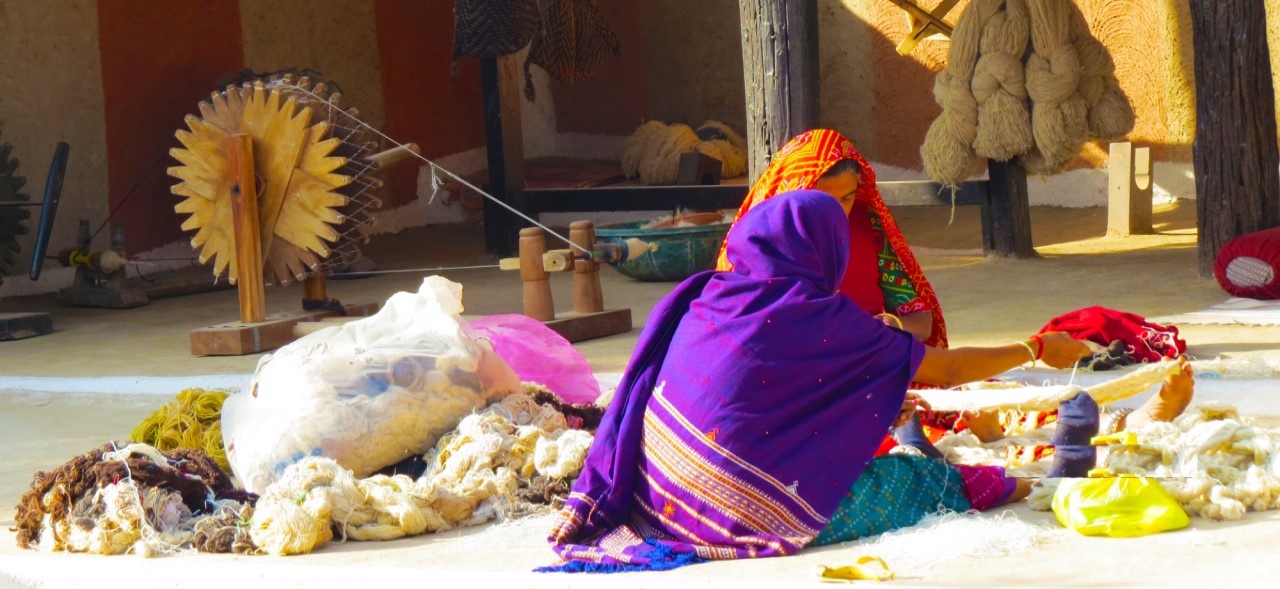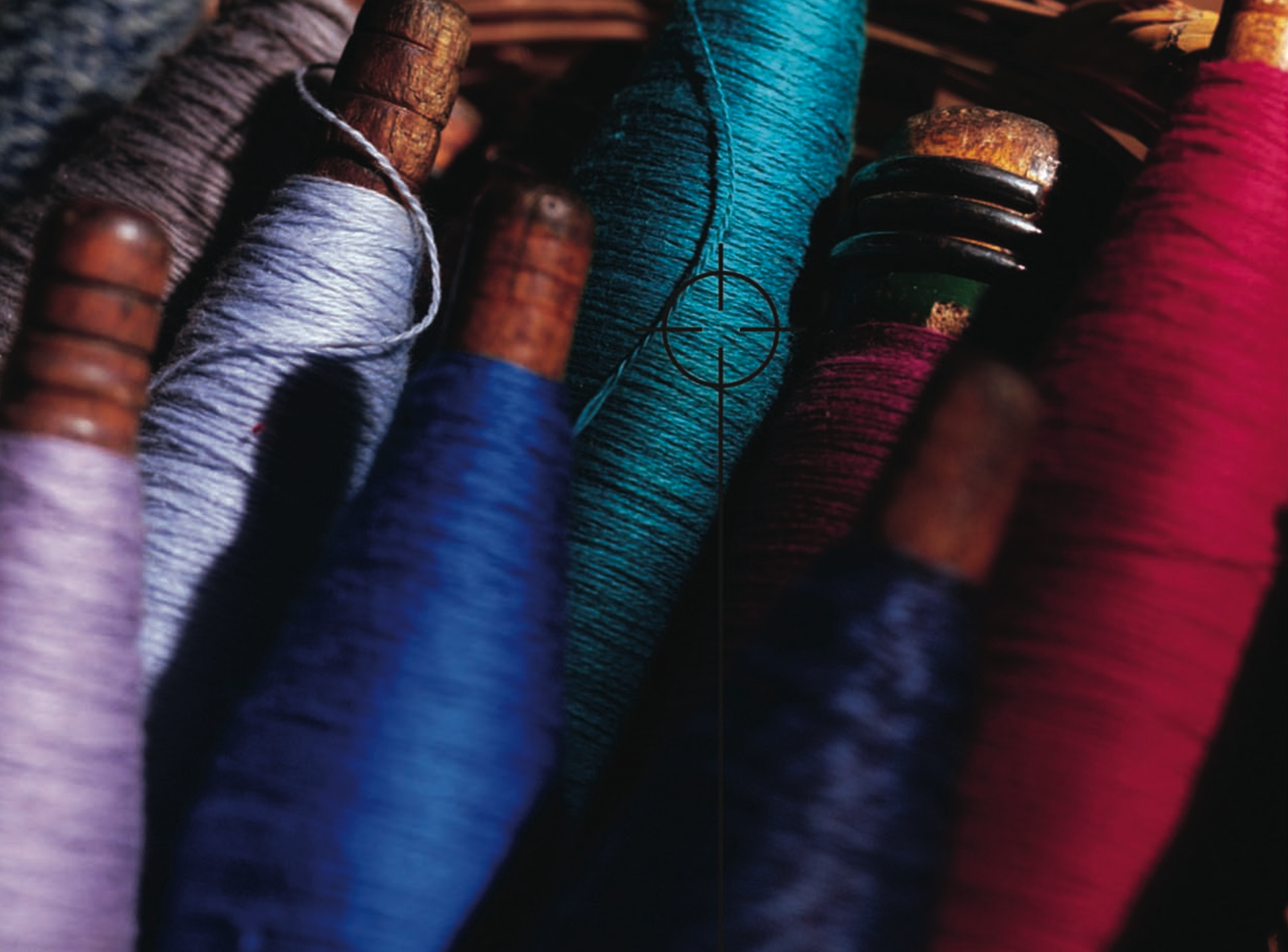The Process of Making Yes!poho Handloom and Handicraft Products

Yes!poho is a social enterprise based in India that specializes in handloom and handicraft products. The enterprise works with local artisans and weavers to create beautiful and sustainable products that promote traditional crafts and help support rural livelihoods. In this blog, we will take a closer look at the process of making Yes!poho handloom and handicraft products.
Step 1: Sourcing Raw Materials: The first step in making Yes!poho products is sourcing raw materials. For handloom products, this means selecting high-quality yarns in a range of natural fibers, including cotton, silk, and wool. For handicrafts, artisans source natural materials such as bamboo, wood, and clay. Yes!poho prioritizes sustainable and environmentally-friendly materials wherever possible, and works with local suppliers to ensure that the raw materials used are of the highest quality.

Step 2: Design and Planning: Once the raw materials have been sourced, the design and planning process begins. Yes!poho products are known for their unique designs and intricate patterns, which are often inspired by traditional motifs and styles. The design team works closely with artisans to develop new products and refine existing designs, taking into account factors such as color, texture, and functionality.

Step 3: Hand Weaving or Handcrafting: The next step in the process is hand weaving or handcrafting. Yes!poho works with skilled artisans who have years of experience in their craft, and who use traditional techniques to create each product by hand. For handloom products, the weavers use wooden looms and shuttle machines to create intricate patterns and textures in the fabric. For handicrafts, artisans use a range of techniques including carving, painting, and sculpting to create unique and beautiful pieces.
Step 4: Finishing and Quality Control: Once the products have been woven or crafted, they undergo a thorough finishing process to ensure that they meet Yes!poho''''s high standards of quality. This includes processes such as washing, dyeing, and ironing, as well as careful inspection to ensure that each product is free from defects or flaws. Any imperfections are corrected by hand, ensuring that each product is truly one-of-a-kind. .

Step 5: Packaging and Shipping: The final step in the process is packaging and shipping. Yes!poho products are carefully packaged to ensure that they arrive in perfect condition, and are shipped to customers around the world. Each product comes with a tag that includes information about the materials used and the artisans who created it, allowing customers to learn more about the traditional crafts and techniques behind each product.

In conclusion, the process of making Yes!poho handloom and handicraft products is a complex and intricate one that involves sourcing high-quality raw materials, designing and planning unique products, and working with skilled artisans to hand weave or handcraft each piece. The result is a range of beautiful and sustainable products that promote traditional crafts and support rural livelihoods. By choosing Yes!poho products, guests can feel good knowing that they are supporting a social enterprise that is committed to making a positive impact in the world.
#handloomproducts #handicrafts #sustainablecrafts #traditionalcrafts #artisanmade #ethicalproducts #rurallivelihoods #socialenterprise #sustainablefashion #craftingtradition #yespoho #madewithlove

